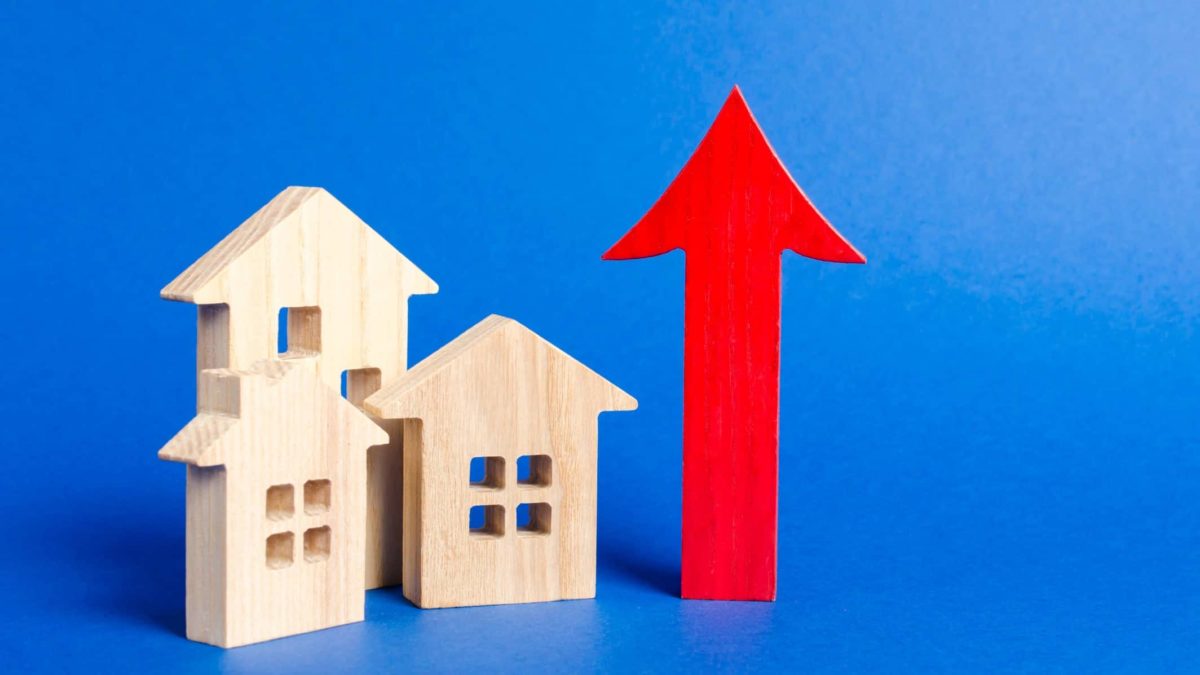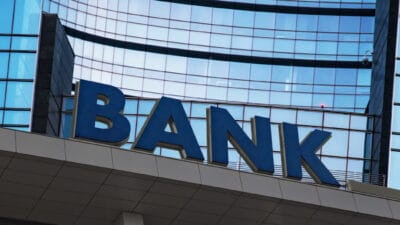The National Australia Bank Ltd (ASX: NAB) is marching higher, up 4.26% in afternoon trade to $30.12 per share.
The NAB share price is well outpacing the 0.10% loss posted by the S&P/ASX 200 Index (ASX: XJO) at this same time.
That's the share price action.
Now here's what NAB's CEO Ross McEwan, is advising regulators do, in order to rein in rocketing house prices Down Under.
How can Australia slow its runaway housing prices?
In comments unlikely to have a material impact on the NAB share price today, McEwan addressed Australia's rocketing home prices after the bank released its full year financial results on Tuesday. Those results included a 77% increase in the bank's cash earnings.
McEwan said Australia could not afford to see the next 12 months of house price gains follow in the path of the past 12 months.
Indeed, a look at the latest figures from CoreLogic confirm that the past 12 month's price growth is unsustainable.
Spurred by rock bottom interest rates, Sydney house prices have soared more than 30% year-on-year, as at 31 October. Melbourne house prices, despite a year spent largely in lockdown, rocketed 20%. And Brisbane house prices are up 25% since this time last year.
Unit prices (apartments) also showed rapid growth across Australia, though in most cities they were outpaced by the price growth in standalone homes.
Those figures are a red flag for NAB's McEwan, who said (quoted by the Australian Financial Review), "We cannot see another 20% house price growth over the next 12 months. We cannot afford to have that happen in the Australian marketplace."
To give you some idea of why 20% annual dwelling price growth is raising red flags, this level of growth would see house prices doubling every 3.6 years. Meaning that just over 10 years from now, Aussie house prices would be 8 times what they are today. And in 14 years, home prices would be 16 times what they are today. And in 17.6 years they'd be… Well, you get the idea.
Recognising that unsustainability, McEwan suggested the Australian Prudential Regulation Authority (APRA) should again increase its "serviceability buffer". APRA increased the serviceability buffer by 0.5% on 31 October.
McEwan said:
They could always move that again. My view, and discussions with the regulator, have been that it is the simplest way to have an impact… You're seeing that already coming through in fixed rate mortgages. The interest rates are moving upwards because of bond markets and so is the cost of funding for us long term.
NAB share price snapshot
Over the past 12 months the NAB share price has gained 42%, more than double the 18% gain posted by the ASX 200 in that same period.
NAB shares are up 6% over the past month.









